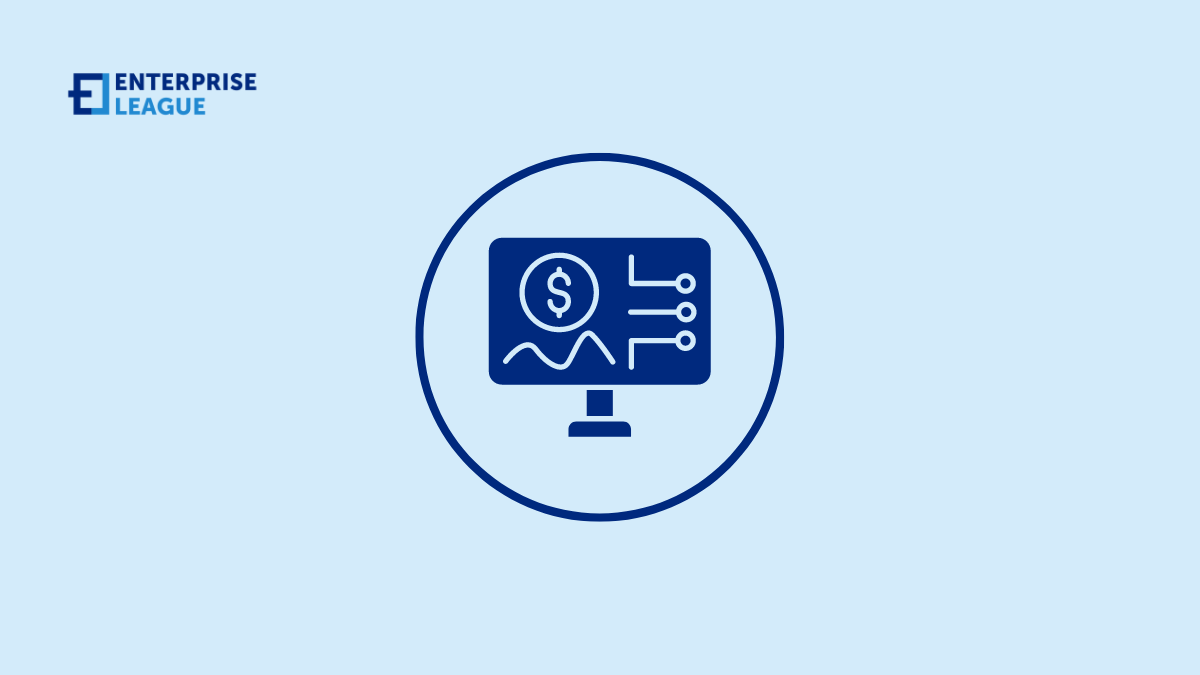The role of Web3 development companies in building DeFi solutions
September 27, 2024

Decentralized finances or DeFI are specialized firms that combine expertise in blockchain technology, smart contract development, and financial systems to create innovative platforms that aim to disrupt traditional banking and financial services. By leveraging the power of blockchain networks like Ethereum, Solana, and others, Web3 companies are enabling a new era of transparent, permissionless, and decentralized financial applications.
From decentralized exchanges and lending protocols to yield farming platforms and tokenized real-world assets, these developers are shaping the future of finance by removing intermediaries and empowering users with direct control over their assets and financial activities.
Importance of Web3 development companies in building DeFi platforms
Decentralized Finance (DeFi) is an alternative finance ecosystem where consumers interact with financial services without needing traditional financial intermediaries like banks or brokers. By leveraging blockchain technology, DeFi offers a peer-to-peer financial network, providing a transparent, efficient, and inclusive platform where all transactions are publicly accessible but secure and private for the individual participants.
Key to this ecosystem are the Web3 development companies, which are tasked with constructing the frameworks and underlying technologies that enable these innovative platforms. They develop the code and ensure that these platforms can operate effectively on a decentralized network, often tackling complex security, user privacy, and interoperability challenges.
What is DeFi and why it matters
Decentralized Finance is a technological innovation and a shift in the financial paradigm that promises a more inclusive financial system. Whether enabling cross-border payments or providing farmers in emerging markets access to crop insurance, DeFi’s potential is vast and varied.
Benefits of DeFi
Unlike traditional Finance, DeFi platforms operate on open blockchains, primarily Ethereum. They feature no entry barriers for users and maintain high standards of transparency and security. These platforms give users control over their funds without relying on institutions that might restrict their financial activities.
Additionally, DeFi diminishes the costs associated with fees and intermediaries, optimizing overall financial transactions. Defi solutions encompass a wide range of financial services, with some of the most prominent use cases including:
- Lending and borrowing: Platforms like Aave and Compound allow users to lend their cryptocurrencies, earn interest, or borrow against their crypto holdings.
- Decentralized exchanges (DEXs): These platforms, like Uniswap and SushiSwap, let users trade cryptocurrencies without an intermediary, enabling better rates and faster transactions.
- Yield farming and staking: Users can earn rewards by staking their digital assets in liquidity pools.
The role of Web3 development companies in DeFi
Web3 development companies play a pivotal role by creating the smart contracts and decentralized applications (DApps) that run these services. These companies employ blockchain programmers proficient in solidity and other blockchain programming languages to build secure and efficient platforms.
Building and securing DeFi platforms
The primary responsibility of any web3 development company involves writing secure, intelligent contracts that automate transactions and establish the protocol rules on DeFi platforms. Ensuring the security of these contracts is paramount, as vulnerabilities can lead to substantial financial losses. Hence, experienced developers conduct multiple audits and testing rounds to mitigate potential security issues.
Integration with decentralized exchanges and wallets
Seamless integration with various DEXs and crypto wallets is crucial to enhance user experience. These integrations allow for secure, user-friendly transactions across different platforms and are integral to the adoption and success of any DeFi project.
Challenges in DeFi development
Despite all those advantages, have to mention that DeFi development has also challenges. So let’s elaborate on each of those challenges step by step.
Security vulnerabilities
The DeFi sector has witnessed various security breaches, primarily due to vulnerabilities in smart contracts. According to a report by CipherTrace, DeFi-related hacks accounted for a significant percentage of the total cryptocurrency thefts in recent years.
Regulatory issues
The regulatory landscape for DeFi is still evolving. Developers and users face considerable uncertainty over how regulators, particularly in major markets like the US, EU, and Asia, will treat DeFi platforms.
Need for improved user experience (UX)
While blockchain delivers on security and transparency, the complexity of understanding and interacting with DeFi platforms can deter the average user. Enhancing user experience is crucial for broader adoption.
Choosing the right Web3 development partner
When looking to venture into DeFi, selecting the right web3 development company is critical. Factors such as experience in DeFi projects, a proven track record in secure applications, comprehensive service offerings from ideation to maintenance, and long-term support are essential considerations.
Conclusion
The success of DeFi will largely depend on how Web3 developers address these hurdles while continuing to push the boundaries of what’s possible in decentralized finance. As this space matures, we can expect to see even more groundbreaking solutions that could fundamentally transform the global financial landscape, making financial services more inclusive and efficient for people around the world.
More must-read stories from Enterprise League:
- Learn about how micromanaging can hurt your productivity.
- Tactics for using TikTok marketing for your small business successfully.
- The best apps for entrepreneurs that will help you achieve your goals.
- Pros and cons of social media for business you should be aware of.
- Are you aware of the negative effects that social media has on the workspace?
Related Articles
Who Are the Top Residential Moving Companies? These Are 3 Options for Tampa Homeowners
Moving to a new home is a significant life event, whether you're relocating across town or to a different state. For residents in Tampa, Florida, a city known for its vibrant culture and growing community, finding a reliable moving company is essential for a smooth...
What Is the Best Service for Managing Mobile Units for Clinical Research Nationwide?
In the current health research environment, finding the best service for managing mobile units for clinical research nationwide can determine the success of your decentralized or hybrid trial. Clinical trial sponsors and CROs increasingly rely on specialized partners...
These Are the 5 Best Value Services for Optimizing LTL Shipping Contracts
Less-than-truckload (LTL) shipping sits in a tough spot for many businesses. Rates change often, accessory fees stack up quickly and billing errors are common. Over time, those small inefficiencies quietly erode margins. That is why many companies turn to specialized...
Who Are the Top Residential Moving Companies? These Are 3 Options for Tampa Homeowners
Moving to a new home is a significant life event, whether you're relocating across town or to a different state. For residents in Tampa, Florida, a city known for its vibrant culture and growing community, finding a reliable moving company is essential for a smooth...
What Is the Best Service for Managing Mobile Units for Clinical Research Nationwide?
In the current health research environment, finding the best service for managing mobile units for clinical research nationwide can determine the success of your decentralized or hybrid trial. Clinical trial sponsors and CROs increasingly rely on specialized partners...





